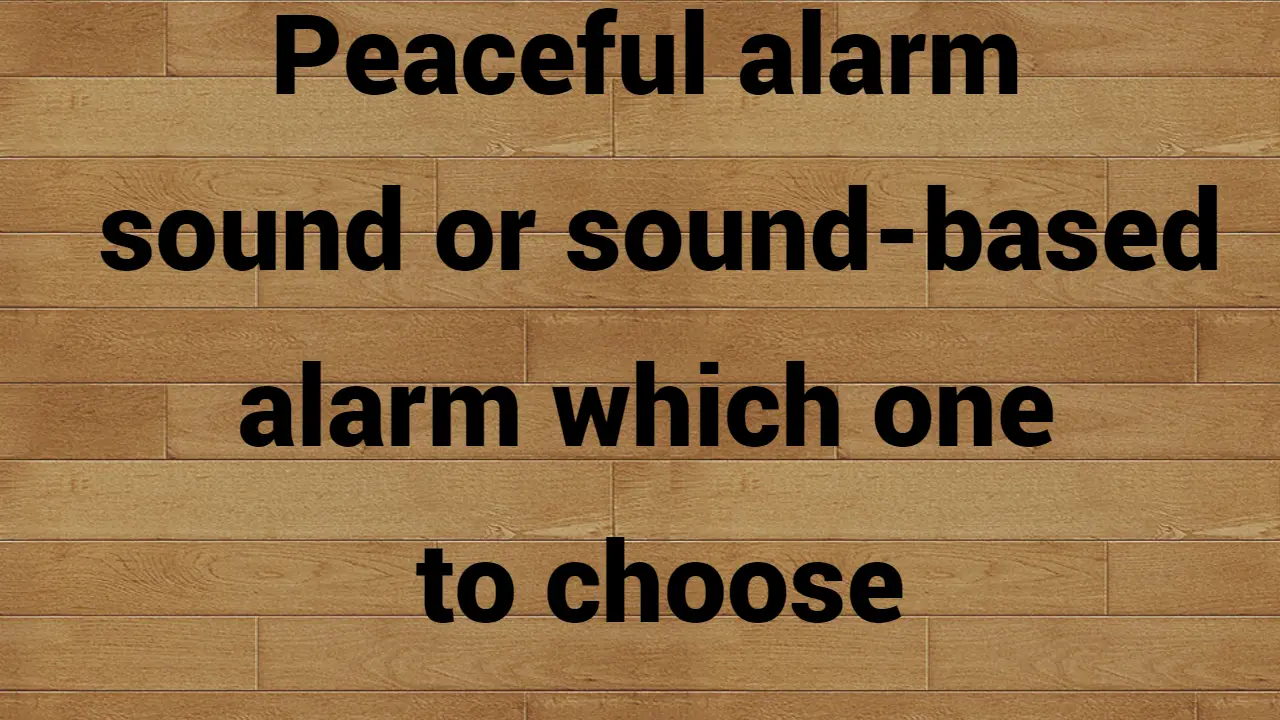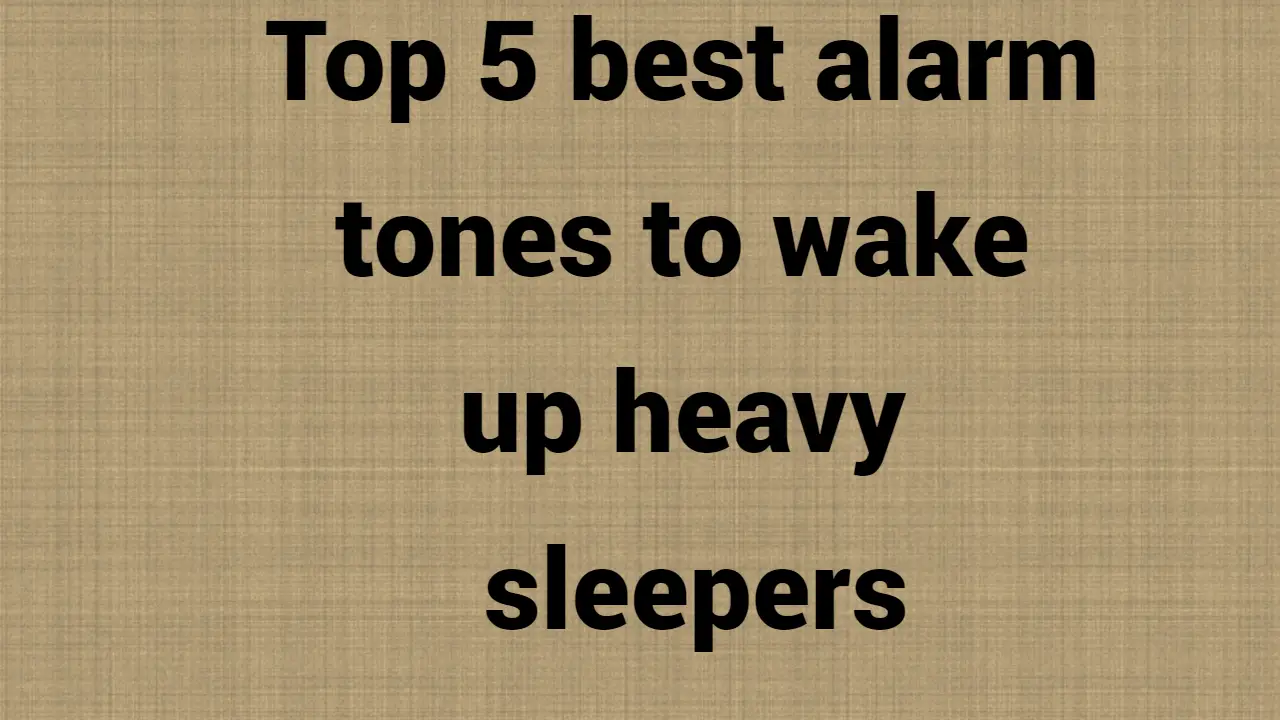We all set an alarm before we go to sleep. Its needed to keep us on track and start our day. Here are the reasons why you need to set alarms before you sleep.
Keeping to Society’s Schedule
Many of us would oversleep and be late for work if we didn’t have alarm clocks. As appealing as sleeping in sounds, we often have to face the hard reality of being on schedule. Whether you want extra sleep or not, deciding on a specific time to be there can be vital for businesses and schools to run efficiently.
Bringing Sleep Schedules Back to Normal
Alarm clocks can also help you stick to a regular sleep routine. Our internal biological clocks benefit from waking up at the same time every day. Using an alarm clock might help you maintain a consistent schedule and regulate your sleep patterns.
Mindfulness
Alarms can also bring peace of mind. Some people don’t set an alarm and instead check their clock when they wake up in the middle of the night. This can create anxiety and make sleeping difficult. In this instance, setting an alarm will give you a more secure sense during the night.
Benefits of sleeping 8 hours
A Sharper Mind
When you’re sleep-deprived, it’s likely that you’ll have problems remembering and retaining information. This is due to the fact that sleep is essential for both learning and memory. It’s difficult to focus and absorb new knowledge when you don’t get enough sleep. In addition, your brain does not have enough time to correctly store memories so that you can access them later.
Sleep allows your brain to recharge so you’re ready for the next challenge.
Mood Enhancement
While you sleep, your brain also works on processing your emotions. This time is necessary for your mind to recognise and react appropriately. When you shorten something like that, you’re more likely to have negative emotional reactions and fewer pleasant ones.
Chronic sleep deprivation can also increase the risk of developing a mood illness. According to one big study, those who suffer from insomnia are five times more likely to acquire depression, and their chances of developing anxiety or panic disorders are considerably higher.
A good night’s sleep can help you recover from a poor day, enhance your attitude on life, and be more prepared to face problems.
A Heart That Is Healthier
Your blood pressure drops when you sleep, providing your heart and blood vessels with a break. During a 24-hour cycle, the less sleep you receive, the longer your blood pressure stays high. Heart disease, including stroke, can be caused by high blood pressure.
Short-term downtime can pay off in the long run.
Achievement in Sports
Sleep deprivation may not be as noticeable in sports that need fast bursts of energy, such as wrestling or weightlifting, as it is in endurance sports like running, swimming, and biking. You, on the other hand, aren’t doing yourself any favours.
Lack of sleep saps your motivation, which is what propels you to the finish line, in addition to robbing you of energy and time for muscle regeneration. You’ll have to deal with a more difficult mental and physical task, as well as slower reaction times.
Resting properly prepares you to perform at your best.
Blood Sugar Levels That Are More Consistent
The amount of glucose in your blood decreases during the deep, slow-wave phase of your sleep cycle. You won’t receive that break to allow a reset if you don’t spend enough time at this deepest stage — like leaving the volume turned up. Your body will struggle to respond to the needs of your cells and blood sugar levels.
Fight Against Germs
Your immune system identifies and destroys harmful bacteria and viruses in your body to help you avoid sickness. Sleep deprivation affects the way your immune cells function. They may not strike as rapidly, and you may become ill more frequently as a result.
Controlling your weight
You are less hungry when you are well-rested. Sleep deprivation disrupts the appetite-controlling chemicals leptin and ghrelin in your brain.
When those are out of whack, your resistance to the lure of unhealthy meals plummets. You’re less inclined to want to get up and move your body when you’re sleepy. It’s a recipe for gaining weight when combined.
To help you manage your weight, the time you spend in bed goes hand in hand with the time you spend at the table and at the gym.
How to set a timer of 8 hours in alarmsetter.com
Setting an alarm is just a seconds job on alarmsetter.com. Here’s how you can set an alarm on alarmsetter.com.
Go to alarmsetter.com
You will see the current time on your screen and a SET ALARM option.
Look at the time and calculate 8 hours ahead. For example, if you are going to sleep at 11 PM, hours ahead will mean 7 Am.
Likewise, add 8 hours to the time you are going to sleep and select the timing in hours and minutes.
You also get to choose the sound to which you want to wake up to. Alarm setter provides a number of options including Xylophone, Rooster, Classic etc.
Once you are done with the settings click on set alarm and you are good to go.
Things to keep in mind!
DO NOT CLOSE THE BROWSER TAB AFTER SETTING THE ALARM.
That’s it.
Sleep requirements vary, however sleeping more than 9 hours a night on a regular basis may cause more harm than benefit. People who slept longer had greater calcium buildup in their heart arteries and less flexible leg arteries, according to research.
To reap the greatest health benefits, aim for 7-8 hours of sleep each night.








